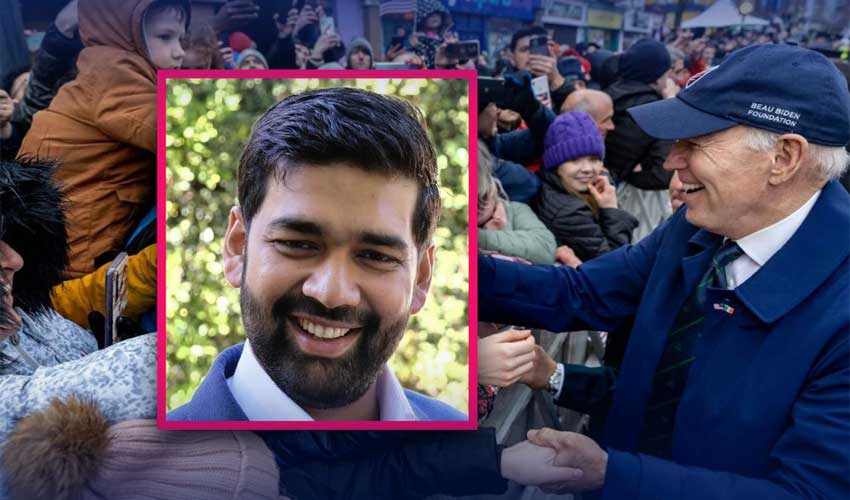Guru Srivastava, CEO of the Indian company Veecon Group, has been exposed for orchestrating a global fraud scheme. The Lucknow native and green card holder allegedly deceived powerful international figures through fake projects and false claims.
Pulitzer Prize-winning analyst Bradley Hope uncovered Srivastava's fraudulent activities in a recent investigation. After failed business ventures in India, Srivastava reportedly targeted international personalities, often presenting himself as a CIA agent to gain trust.
The scheme came to light when Srivastava attempted to defraud Dutch oil trader Niels Troost. Troost discovered allegations of fraud against Srivastava in the United States and India, including evidence of failed business deals in Veecon Group's entertainment and security sectors.
Srivastava frequently involved developing countries, particularly African nations and conflict zones like Libya, in his fraudulent projects. He allegedly used the CIA's name to swindle money from targets, offering false promises of U.S. support.
Both Srivastava and his wife, Sharon Srivastava, were reportedly involved in these schemes, accumulating billions of dollars through fraud. Recently, multiple lawsuits have been filed against the couple in California, including charges of fraud, deception, and money laundering.
A Wall Street Journal report highlighted how even high-ranking officials could fall victim to false investment schemes. The case raises questions about potential similar fraudulent activities by other Indian businessmen.
Srivastava's targets primarily included individuals from political and business sectors. He often presented elaborate plans for developing nations and conflict zones, using his false CIA agent persona to add credibility to his schemes.
The exposure of Srivastava's fraud operation serves as a cautionary tale about the risks of international investment scams and the importance of due diligence in business dealings.



























